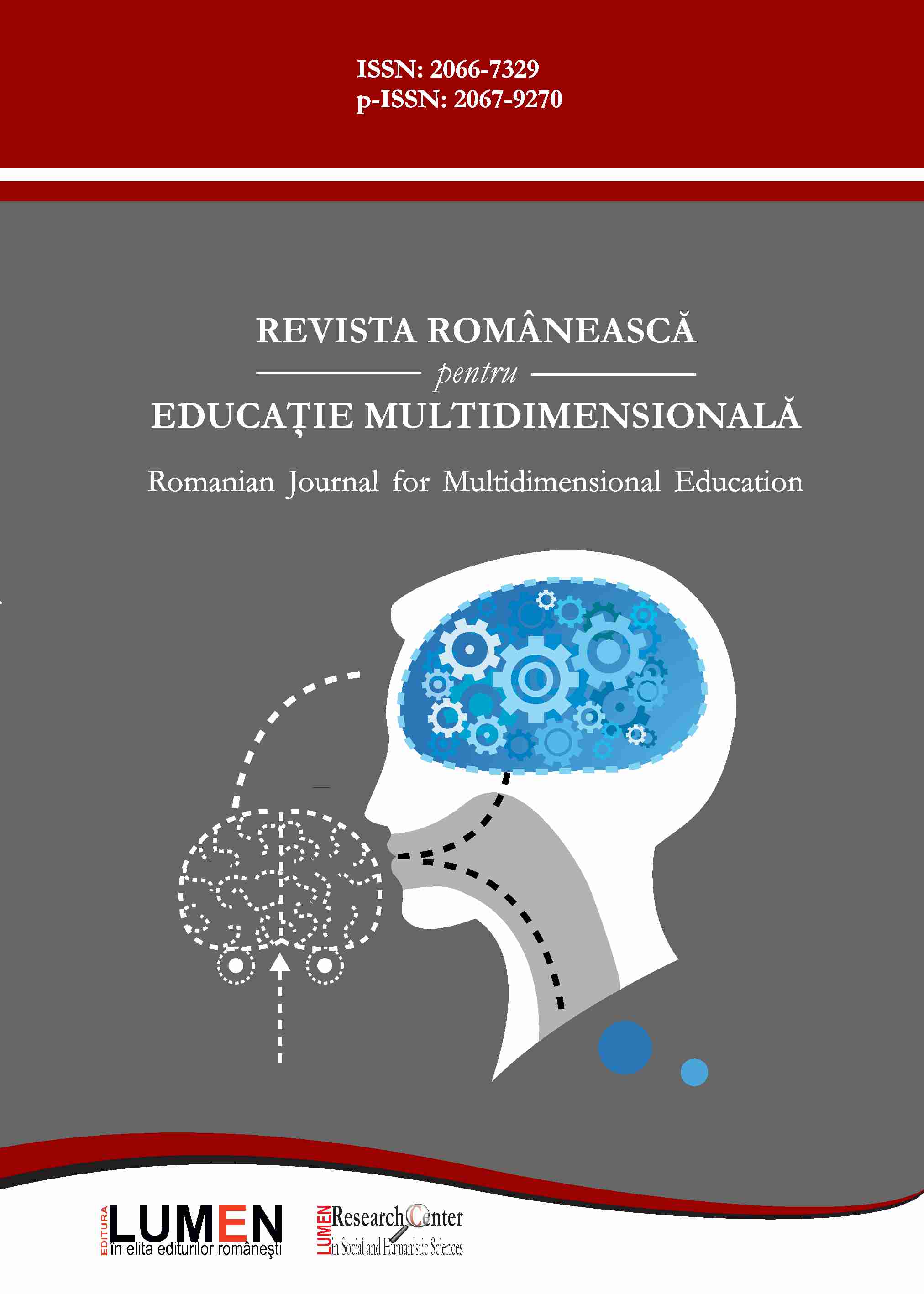Students’ Perceptions of the Twists and Turns of E-learning in the Midst of the Covid 19 Outbreak
Students’ Perceptions of the Twists and Turns of E-learning in the Midst of the Covid 19 Outbreak
Author(s): A. Ana, Asnul Dahar Minghat, Pupung Purnawarman, M. Muktiarni, Siti Salina MustakimSubject(s): School education, Educational Psychology
Published by: Editura Lumen, Asociatia Lumen
Keywords: COVID-19; e-learning; students’ perceptions;
Summary/Abstract: The pandemic corona virus 2019 (COVID-19) has become an international concern and poses challenges to psychological resilience in all fields, one of which is education. Therefore an effective learning strategy is needed to deal with this pandemic. The purpose of this study was to survey students spread across various universities in Indonesia and Malaysia regarding e-learning systems conducted during the COVID-19 outbreak in Indonesia and Malaysia in 2020, e-learning systems starting from student knowledge about e- learning, planning e-learning, implementing e-learning until evaluating e-learning activities. Data will be used for future reference. This research is a descriptive study with cross sectional approach. The Likert scale survey method is used with a total of 136 student respondents from tertiary institutions in Indonesia and Malaysia. The results of the analysis show that students know e-learning as a distance learning system in dealing with the current pandemic corona virus, 51% expressed agreement related to e-learning preparation, 38% stated neutral in e-learning planning and 68% stated neutral in evaluating the implementation of e-learning. Student assessment and good perception about e-learning play a big role in the implementation of learning with e-learning. E-learning has a positive impact and has become an alternative learning process for lecturers and students. Good preparation is needed in implementing e-learning so that e-learning activities can be carried out effectively. Interaction can be developed and limited conditions through face-to-face meetings can be answered through e-learning activities.
Journal: Revista Românească pentru Educaţie Multidimensională
- Issue Year: XII/2020
- Issue No: 1 Sup2
- Page Range: 15-26
- Page Count: 11
- Language: English

